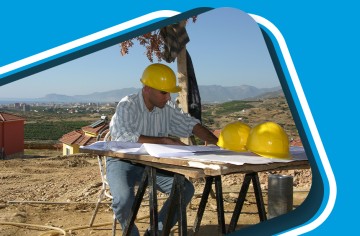
Belediye (municipality) in Turkey – what it means for property owners
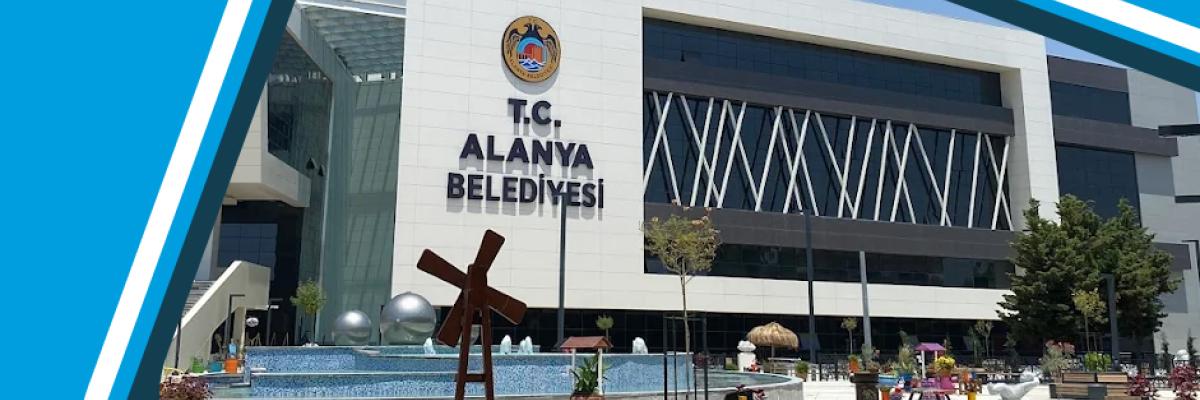
Belediye is the Turkish word for municipality. It refers to the local government authority responsible for administering cities, towns, and districts in Turkey. Each belediye manages public services, urban planning, infrastructure, and property-related regulations within its jurisdiction.
For property owners in Turkey, the belediye plays a key role in:
- Issuing construction permits (inşaat ruhsatı).
- Approving zoning plans (imar planı).
- Collecting municipal taxes, such as the emlak vergisi (property tax).
- Providing utilities like water, waste management, and road maintenance.
- Enforcing building codes and property usage rules.
Every district in Turkey has its own belediye office, headed by a mayor (belediye başkanı). Foreign property owners often interact with the belediye for permits, tax payments, or compliance checks.
| Turkish Term | English Equivalent | Notes |
|---|---|---|
| Belediye | Municipality | Primary term for local government. |
| Belediye başkanı | Mayor | Head of the municipality. |
| Belediye vergisi | Municipal tax | General term for taxes collected by the municipality. |
| Emlak vergisi | Property tax | A specific tax managed by the belediye. |
| İmar müdürlüğü | Zoning directorate | Department within the belediye handling urban planning. |
| İnşaat ruhsatı | Building permit | Issued by the belediye for construction projects. |
| Belediye hizmetleri | Municipal services | General term for services provided (e.g., waste collection, road repairs). |
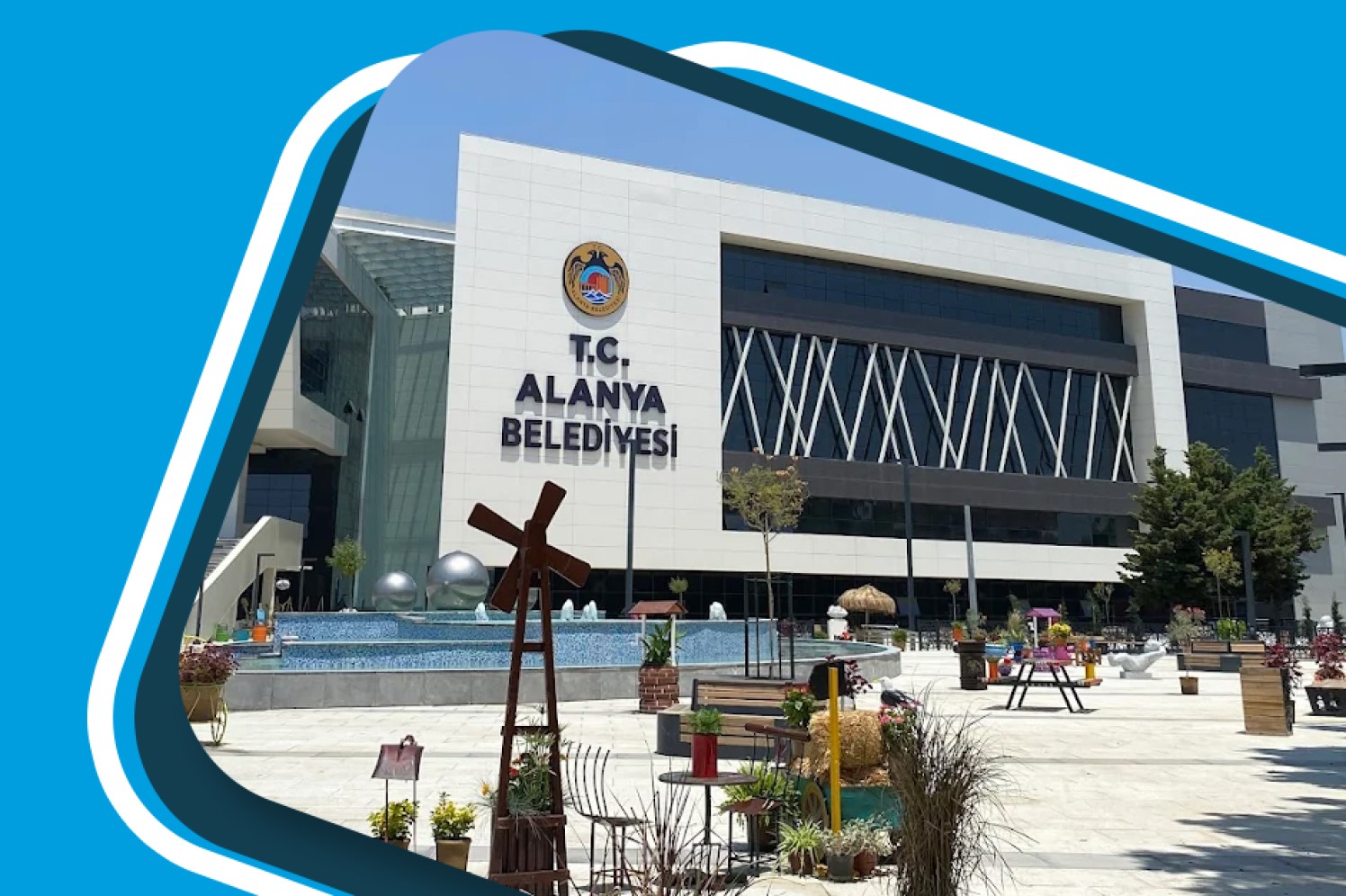
Local municipality governing property and services.
A belediye is a Turkish municipality responsible for local governance, including property-related services. It manages zoning, building permits, infrastructure, and public utilities like water, waste, and road maintenance. Property owners interact with the belediye for permits, taxes (emlak vergisi), and residency documentation.
Each city or district has its own belediye, operating under national laws but with local authority. Foreign property owners must register with the relevant belediye for utilities, renovations, or legal compliance. Services are typically offered in Turkish, though larger municipalities may provide multilingual support.
Registration is required for utilities and residency.
Yes, foreigners must register with the local belediye after purchasing property to activate utilities (water, waste, electricity) and update ownership records.
The belediye issues a ferdi iskan (habitation certificate) for new builds, confirming the property meets safety standards. Without registration, owners may face service disconnections or fines. Some municipalities allow online registration, but in-person visits are often needed for verification.
Yes, if zoning or permit rules are violated.
The belediye can halt property sales or renovations if the transaction or construction violates zoning laws (imarlı alan) or lacks required permits. For example, converting a residential property into a commercial one without approval may trigger a stop-order.
Before buying or renovating, check the belediye’s imarlı durumu (zoning status) for the property. Unauthorized changes can lead to fines, demolition orders, or legal disputes. The belediye also inspects properties during sales to ensure compliance with building codes.
Manages waste, roads, and public infrastructure.
The belediye oversees essential property-related services, including waste collection (çöp toplama), road repairs, street lighting, and green space maintenance. It also handles snow removal in winter and flood prevention in coastal areas.
Property owners pay a çevre temizlik vergisi (environmental cleaning tax) as part of their emlak vergisi to fund these services. Complaints about service failures (e.g., uncollected waste) should be directed to the belediye’s customer service or online portal. Response times vary by municipality.
Search online or visit the municipality office.
Locate your belediye by searching “[City/District Name] Belediyesi” (e.g., “Alanya Belediyesi”). Most have websites with contact details, office hours, and service lists. Larger cities like Istanbul or Ankara offer multilingual support or English sections.
For in-person visits, bring your tapu (title deed) and passport. Some belediyes use digital systems like e-Belediye for online payments or appointments. Rural areas may have limited English support, so consider hiring a translator or legal representative for complex issues.
Belediye = municipality; Tapu Office = land registry.
The belediye (municipality) manages local services, zoning, and property taxes, while the Tapu Office (Land Registry) handles ownership transfers and title deeds. The belediye issues permits for construction or renovations; the Tapu Office records legal ownership.
After buying property, you’ll interact with the Tapu Office for the deed (tapu) and the belediye for utilities/taxes. Both are essential but serve distinct roles. Confusing them can delay transactions—always verify which office handles your specific need.
Yes, it certifies a property is legally habitable.
The belediye issues the ferdi iskan (habitation certificate), confirming a property meets safety and zoning standards. This document is required for new builds or major renovations before occupancy. Without it, utilities may not be activated, and resale can be difficult.
Foreign buyers should verify the ferdi iskan status before purchasing, as some older properties may lack it.
Also read


Havuz (Swimming Pool) – Meaning in Turkish Real Estate
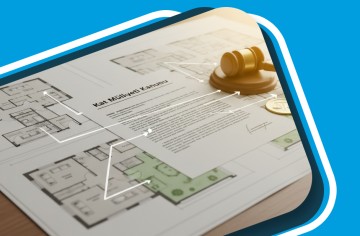
Kat mülkiyeti kanunu (Condominium Ownership Law)
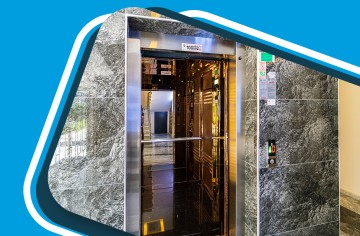
Asansör (Elevator) – What It Means in Turkish Real Estate
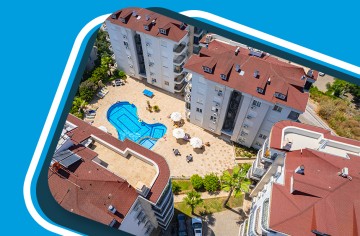
Bina (Building) – Understanding Turkish Real Estate Terms

Damga vergisi (stamp duty) in Turkey – explained for buyers

Emlak (Real Estate) in Turkey – A Simple Explanation for Foreign Buyers

Emlakçı (Real Estate Agent) – Turkey Property Guide
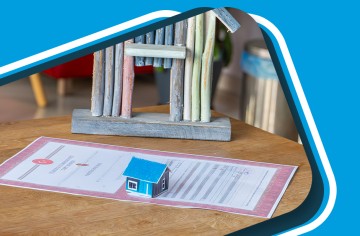
Hisseli tapu (shared title deed in Turkey)
